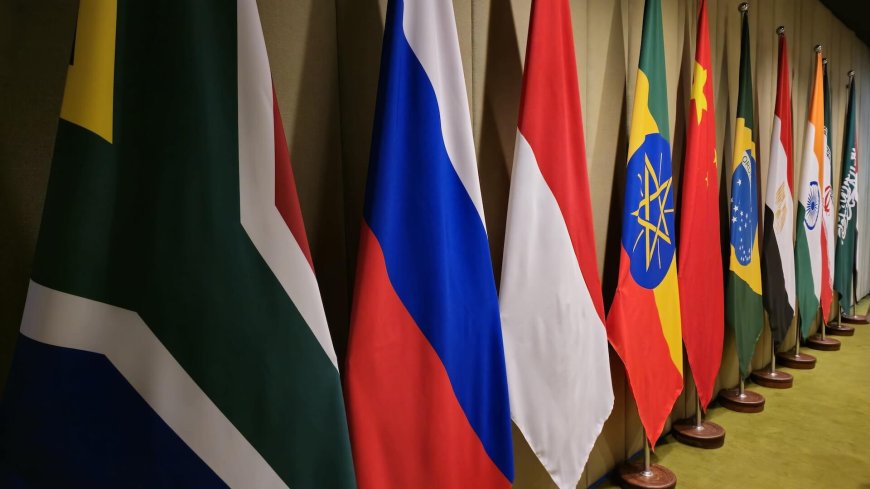Global Power Shift: How BRICS+ Is Redefining the World Order in 2025
BRICS+ is rapidly reshaping global politics and economics in 2025. Learn how its expansion is challenging Western dominance and creating a new world order.

Introduction
The BRICS alliance — once a modest bloc of emerging nations — has transformed into BRICS+, a formidable geopolitical force that is redefining international diplomacy and economic power in 2025. With new members like Saudi Arabia, Egypt, and Argentina, the coalition now controls more than 42% of the global population and 30% of global GDP.
This article explores how BRICS+ is shaping the future of global governance, economics, and trade — and what this means for the rest of the world.
1. The BRICS+ Expansion: Who’s In?
Originally formed by Brazil, Russia, India, China, and South Africa, the group welcomed:
-
Saudi Arabia
-
Iran
-
Argentina
-
Egypt
-
UAE
-
Ethiopia
The expansion reflects a strategic pivot toward multipolarity, away from U.S.-centric global policy.
“The Global South is no longer a passive participant,” said Marcos da Silva, an international relations professor at the University of São Paulo. “It’s writing its own rules.”
2. Dollar Dethroned? Rise of Trade in Local Currencies
BRICS+ nations are increasingly trading in local currencies and reducing dependency on the U.S. dollar. In 2025:
-
Over 30% of oil trade between BRICS+ members is conducted in yuan, rupees, and rubles
-
Talks are underway for a common settlement framework, possibly using blockchain
3. New Development Bank Grows in Influence
The New Development Bank (NDB), headquartered in Shanghai, has issued over $100 billion in loans to member countries in 2025, targeting infrastructure, renewable energy, and AI innovation.
Key initiatives:
-
Green corridor funding in Africa
-
Bullet train projects between Brazil and Argentina
-
India’s solar battery manufacturing fund
4. Geo-Strategic Implications: What About the West?
As BRICS+ expands, G7 nations are being pushed to reassess their global alliances and economic strategies.
-
NATO countries have increased engagement with ASEAN
-
EU is launching new Africa-EU partnerships to retain influence
This marks a power shift unseen since the Cold War, but driven more by economics than ideology.
Conclusion
In 2025, BRICS+ has become more than just an alliance — it's a symbol of the rising Global South. As the world shifts from Western unipolarity to multipolar pragmatism, understanding BRICS+ will be crucial to navigating the new world order.




















































